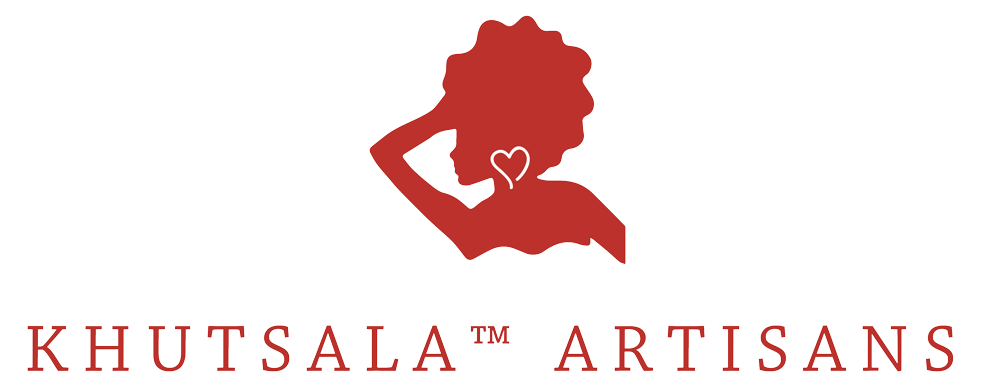-
Shop
-
Our Story
- Contact
-
March 15, 2021
When people think of March, they imagine flowers blooming, spring starting, and great weather. But the month of March holds much more meaning than a seasonal change. March is Women’s History Month— and March 8th is International Women's Day, a holiday where people across the globe celebrate the economic, social, political, and cultural achievements of women.
Occurring for more than a century, International Women's Day pushes conversations about women's accomplishments and rights to the forefront. And in 2021, International Women's Day is specifically focused on highlighting one theme: #ChooseToChallenge.
According to the International Women's Day website, "a challenged world is an alert world," and this sentiment encourages people to "challenge and call out gender bias and inequality," whether in workplaces, sports, government, media coverage, or health care.
People need to know and stand up for women's rights, and this is especially true in developing nations, where many women face unfair treatment and extreme hurdles to success. Because many of these nations get little attention, few people know that gender inequality is prevalent and thriving.
Leaders are trying to reduce gender inequality in Eswatini
Gender inequality in Eswatini has always been an issue, and it's a problem that hinders the country from experiencing sustainable national development. Knowing this, leaders in Eswatini's government have taken some vital first steps to curb discrimination against women.
The kingdom has promised to promote equality in its constitution with some statutes, strategies, and policies. These steps including the following:
Gender inequality in Eswatini is still a significant issue, however steps are being taken to address this. The lack of representation in the kingdom's government plays a critical role in explaining why women's rights in Eswatini are still far and few between.
As long as gender inequality remains, Swazi women will continue to strive for progress. Female activist, Cynthia Simelane, told the Guardian in 2013, "It is a scandal how the authorities refuse to take women seriously when we are holding the country together."
Barriers to women's rights in Eswatini
Women in Eswatini encounter economic, political, and socio-cultural factors that make them vulnerable to injustice, marginalization, discrimination, and few rights. For example, here are just five ways that gender inequality can be seen in the nation.
Intimate partner violence (IPV) includes marital rape, a crime that's legal in Eswatini, and other forms of gender-based violence (GBV). In 2010, Amnesty International published research that surveyed women and girls between the ages of 13 and 24. Based on the findings, Amnesty International estimated that 33 percent of women experienced at least one incident of sexual violence before they turned 18 years old.
Since 2016, local newspapers have reported on violent cases against women and girls. One of the reports explained that a man stabbed and killed his ex-girlfriend in front of their 4-year-old child. Other reports focused on adult men who raped young girls.
Eswatini has the highest prevalence of HIV/AIDS in the world. However, this virus disproportionately affects women. In Eswatini, women are unable to challenge cultural norms and sexual practices, including the rare use of contraceptives.
As a result, 31 percent of women between the ages of 15 and 49 have HIV, while only 20% of men are living with the virus. Research also indicates that 70 percent of women with HIV are sex workers, making it easier for them to spread the virus in Eswatini.
In 2016, Action for Southern Africa (ACTSA) reported that "cultural gender norms dictate that women and girls provide the bulk of household-related work, including physical and emotional care." Because of the pressure to conform to societal norms, girls in Eswatini are quicker to drop out of school, especially if there aren't enough adults to care for children or the elderly.
Without education, girls grow up to become women who depend solely on their fathers or husbands. Eswatini has a Gender Inequality Index of 0.569, and the kingdom also ranks 144th out of 189 countries across the world.
Deemed to have low human development, men control all of the household resources, and when women want to find work, they typically make less money than men. Studies suggest that women in Eswatini only earn 77 cents for every dollar that men make for the same work.
Additionally, only 13 percent of women in Eswatini are agricultural landholders. With farming being the primary source of income, women find it hard to make money off the land. And more often than not, they become sex workers because they're desperate for opportunities to make money.
Gender inequality also exists in most leadership and decision-making positions. Whether it's the private or public sector, Swazi women are unable to get jobs that could help them enforce change. Out of the 65 delegates in the kingdom's House of Assembly, only 4 are women, meaning just 6% of the parliament includes females.
With men dominating most of the decision-making positions, it's hard for women in Eswatini to have their voices heard. It’s common to deny women fair and equal treatment. And without women in leadership positions, it's nearly impossible for women to be recognized..
How to reduce gender inequality in Eswatini
Increasing women’s rights in developing nations is going to take increased awareness and significant effort. In countries rooted in discriminating policies and practices, it won't be easy for girls and women to experience the rights and fair treatment that they deserve.
But we are hopeful that Eswatini will progress as more people become aware of the issues women face and #ChooseToChallenge the unfair systems that keep girls down.
Share this article to help increase awareness around gender inequality in Eswatini. Then, shop Khutsala Artisans' handmade products that Swazi women help make.
March 24, 2022
March 10, 2022 2 Comments
February 17, 2022
In February, most people only celebrate Valentine's Day, and it makes sense. It's the most popular and well-known holiday of the month. But there's another special day that also exists: Random Acts of Kindness Day.
